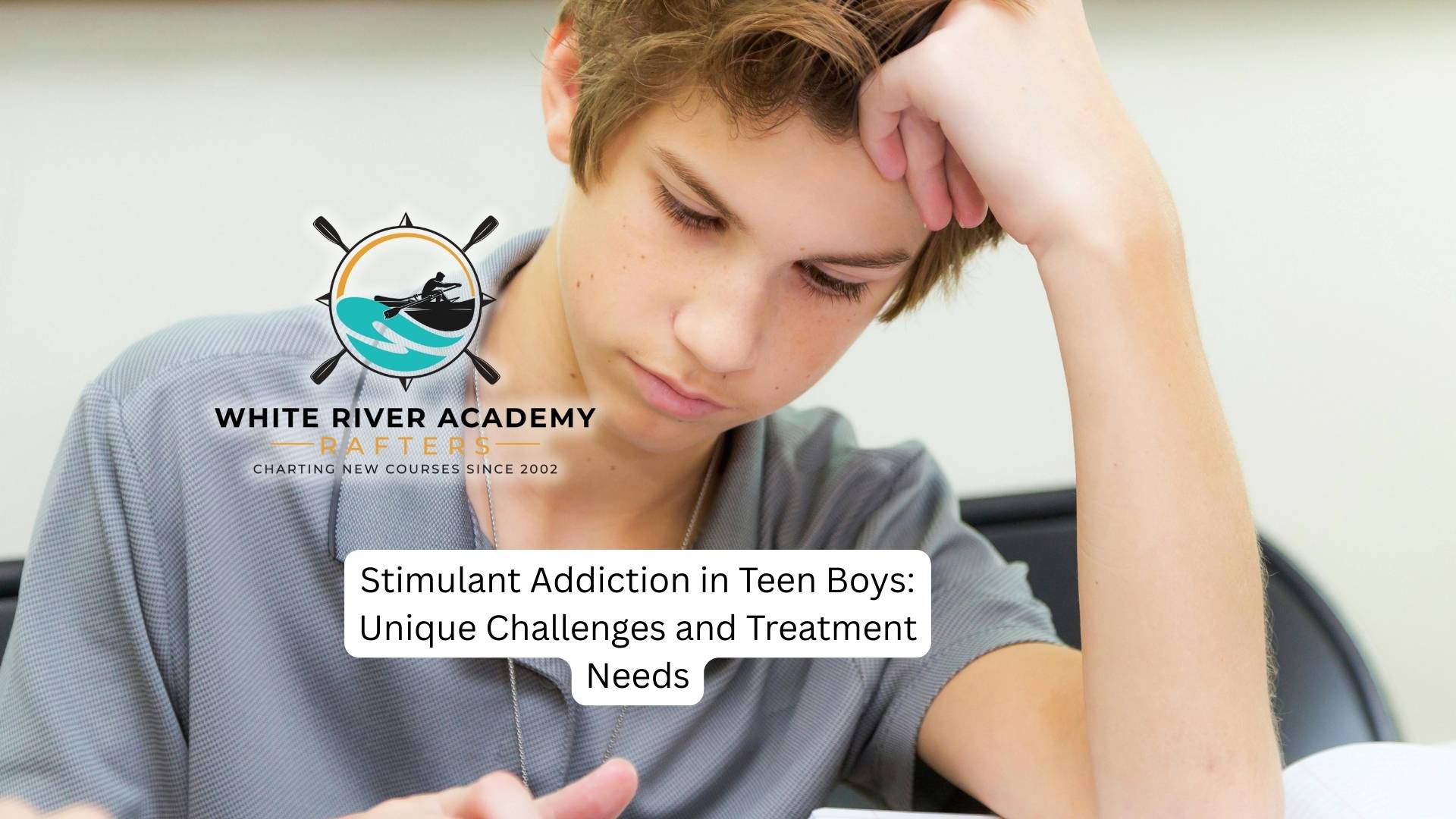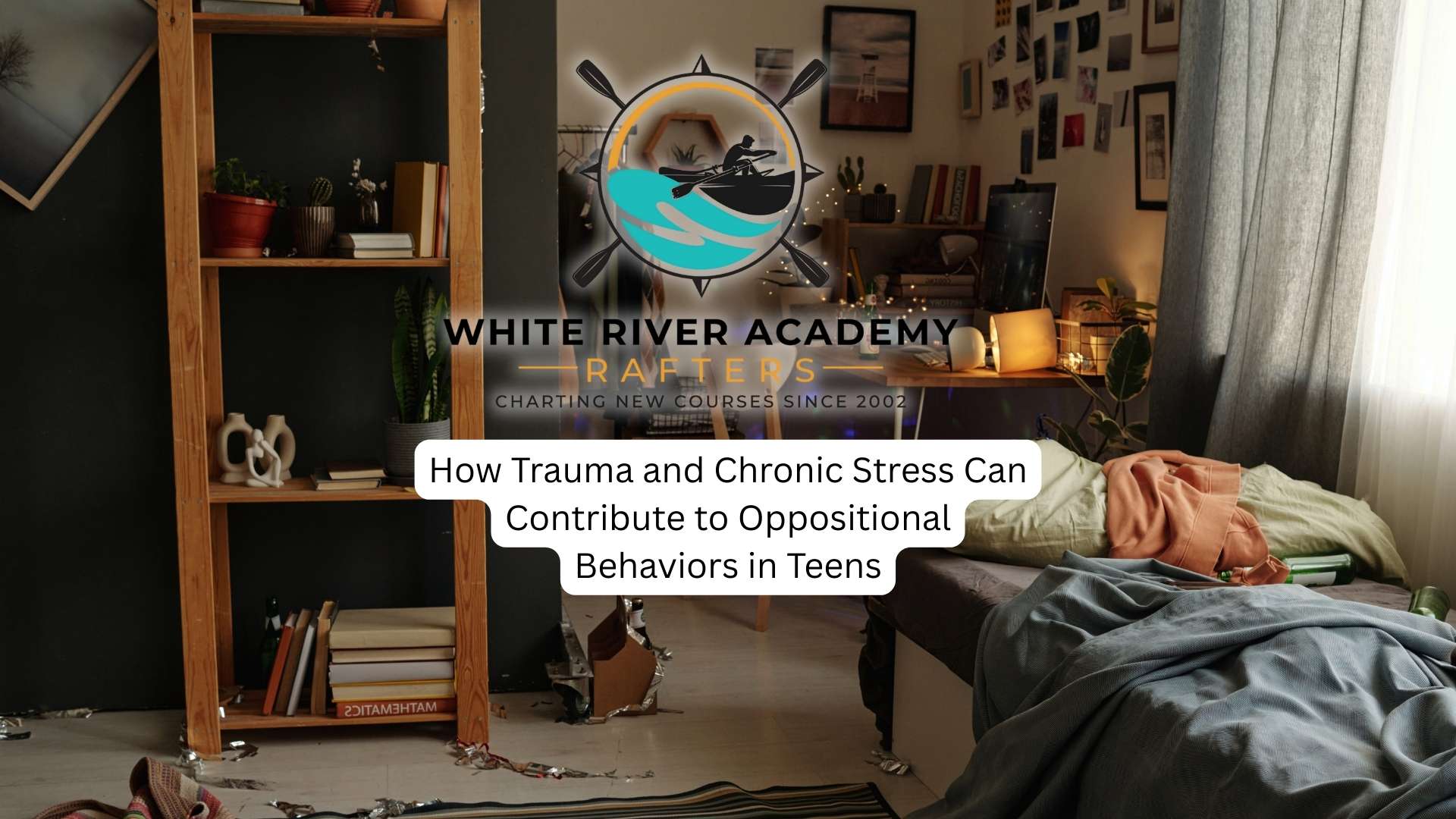As teenagers transition from childhood to adulthood, especially teenage boys, they often test limits, rebel against authority, and struggle with emotions. While this is a natural part of growing up, it can be difficult for parents to know how to handle these behaviors.
The key to effective discipline is understanding your teenager’s development and providing clear, consistent guidance that helps them learn responsibility and respect.
Understanding Teenage Development
Adolescence is a time of significant emotional, physical, and cognitive development. During this period, the brain is still maturing, especially in areas responsible for impulse control and decision-making. Because of this, teenagers often struggle with regulating their emotions and making thoughtful choices. As they seek more independence, they may challenge authority figures, test boundaries, and push for autonomy. These behaviors are a natural part of growing up but can lead to conflicts with parents as they navigate this phase of self-discovery.
For families facing intense behavioral struggles, professional programs provide structure, emotional support, and guidance to help teenagers develop healthier habits. Explore our programs for troubled adolescents in Utah to help teenagers build emotional regulation and decision-making skills, creating a positive path forward.
Setting Clear Expectations and Boundaries
Establishing rules and expectations helps create a structured environment where your child knows what is acceptable and what is not. Teenagers need clear guidelines to understand the consequences of their actions.
Equally important is consistency. When rules are enforced consistently, teenagers are more likely to understand that their actions have real consequences. However, it’s also essential to allow some flexibility in certain situations. While structure is necessary, they should also have room to make decisions and learn from their mistakes.
Effective Communication
During adolescence, teenagers may become more withdrawn and less willing to talk to their parents. It’s important to create a space where they feel comfortable sharing their thoughts and feelings. Active listening is key—when teenagers know their opinions are valued, they’re more likely to be open to feedback. Instead of giving commands, parents should focus on having open conversations, which helps build trust and strengthens the relationship.
Positive Reinforcement and Consequences
Rewarding good behavior reinforces the idea that responsible actions lead to positive outcomes. When they are praised for making the right choices, it motivates them to continue making responsible decisions.
Allowing natural consequences to unfold is just as important. For example, if they neglect their schoolwork, they may experience the natural consequence of receiving a lower grade. This teaches them accountability and helps them understand the direct link between their actions and outcomes. The key is ensuring that consequences are fair, appropriate, and consistent, providing your teenager with valuable lessons about responsibility.
Modeling Respect and Responsibility
Teenagers are often influenced by their parents’ actions. Parents who model respect, responsibility, and emotional control set a positive example for their sons. It’s also important to admit mistakes and take responsibility. Showing humility teaches teenagers that everyone makes mistakes and can grow from them. This fosters mutual respect, making it easier for teenagers to accept discipline and learn from their own actions.

Dealing with Defiance and Conflict
Defiance is a common challenge when disciplining teenagers, especially as young men assert their independence and test boundaries. While this is a normal part of development, it can lead to tension between parents and children.
When defiance occurs, staying calm is crucial. Reacting with anger or aggression only worsens the situation. If a teenager exhibits abusive behavior, parents need to address it immediately and firmly, making it clear that such behavior is unacceptable. Parents should approach the situation with patience and firmness, calmly explaining why the behavior is wrong and what the consequences will be. This balanced approach helps teenagers understand responsibility without escalating into a power struggle.
Final Thoughts from White River Academy
Disciplining a teenager requires a balance of structure, empathy, and clear guidance. At White River Academy, we help teenagers navigate these challenges with a therapeutic approach that combines emotional support, skill-building, and accountability. Our programs provide a structured environment that fosters emotional growth and personal responsibility, empowering teenagers to make healthier decisions. With the proper guidance, teenagers can develop the emotional maturity and life skills necessary for a successful transition into adulthood.




